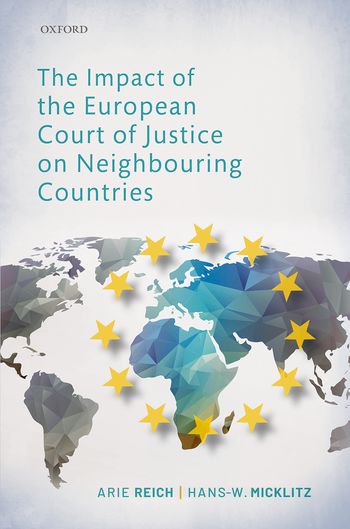
There is a considerable mismatch between theories on the influence of the EU outside its borders and concrete knowledge on whether and to what extent the suggested impact is of any practical relevance. The aim of this book, therefore, is to help close that gap in the knowledge concerning the role and function of the Court of Justice of the European (CJEU) outside its own borders in selected countries. Scholars from Armenia, Azerbaijan, Georgia, Israel, Jordan, Russia, Switzerland, Tunisia, Turkey, Ukraine and the Eurasian Economic Union have researched and explored how their respective countries have been influenced by the CJEU. This title looks at 'why' along with 'how' these decisions have been utilized. All of this culminates in an effort to be able to rank the degree to which the CJEU is influencing non-EU jurisdictions according to a common scale.
Looking across the selected countries, this title analyses the research provided by the scholars. This includes a brief description of the relationship and agreements between the EU and the country, a concise history of the country's judiciary, a full account of the extent to which the country's courts have cited CJEU judgements, and an analysis of that extent and the impact they have had. Other factors are explored as well, such as countries who want to join the EU might aim for more legal harmonization between them and the EU. These metrics are used to compare across the neighbourhood countries and draw conclusions about CJEU influence and impact outside of the EU.
This comprehensive edited collection is an in-depth look at the actual impact of the CJEU in neighbourhood countries, providing crucial information in an overlooked field of EU law.